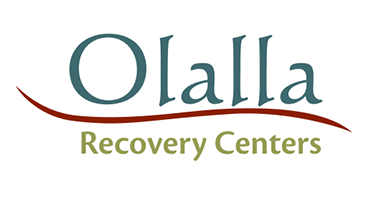
21 Aug Use the Power of Gratitude in Your Recovery
Develop an attitude of gratitude, and give thanks for everything that happens to you, knowing that every step forward is a step toward achieving something bigger and better than your current situation.” — Brian Tracy
A growing body of research has found that gratitude has a positive impact on our wellbeing. Being grateful doesn’t just make us happier, but also reduces stress, makes us more resilient and improves our health.
Positive thinking, in general, improves physical health as well as help with recovery from serious illness or surgery. Some research suggests this may due to the power of the human mind over the immune system.
In recovery, a grateful mindset can help you maintain a positive outlook, especially when you experience challenges and setbacks. Gratitude could mean the difference between feeling miserable about your past and feeling good about the progress you’re making, or the difference between being pessimistic about your future and being motivated to reach your goals.
Gratitude works just like the proverbial “glass half-full or glass half-empty” question. It changes your attitude and teaches you a new pattern of thinking — helping you focus on the things that are good in your life.
Here’s a scenario. If you ask yourself why your life is so awful, you’ll start listing off all your mistakes or shortcomings that got you there — and soon you start feeling depressed, helpless and guilty. But ask yourself instead what’s great about your life, and even the little things add up to give you a boost of confidence about yourself and your new life.
Adopting a mindset of gratitude takes some time and practice. You need to work toward it every day.
Here are some strategies to help you along the way:
- Ask yourself every morning what makes you feel blessed today. Or take a few minutes to write it down.
- Keep a gratitude journal. This is a little different from above — it’s a deeper reflection on why you are grateful. Write about the small and big victories that are helping turn your life around, positive moments in your daily life and so on.
- Express gratitude to others. Along your journey to recovery, other people rallied for you and continue to support you. Express your thankfulness to them. If you find it difficult to say thank-you in person, use your gratitude journal to write that individual a “letter.”
- Take a short walk at your local park. Spending a few minutes in nature quiets your mind while engaging your other senses. As you’re breathing the fresh air and appreciating the beauty around you, it doesn’t take long to start appreciating other good things in your life.
- Look for ways to give back. When you help others, it’s amazing how that makes you feel humble and blessed about your own life. It’s a lot simpler than you think. Even sharing your journey at a group therapy or support meeting can encourage and help someone else. Gratitude and being of service are also two aspects strongly emphasized by 12-step fellowships.
Use gratefulness as your secret ingredient for long-term success. It helps you achieve clarity, understand the importance of milestones and feel hope for your future. Look forward to living a healthy life.


